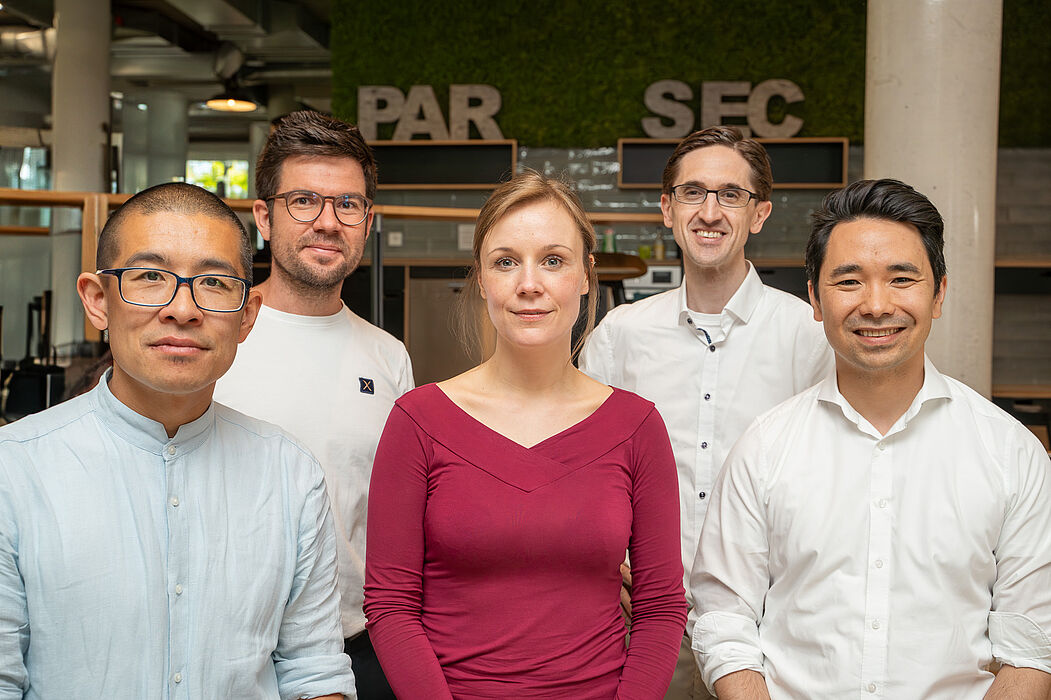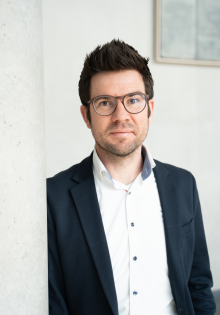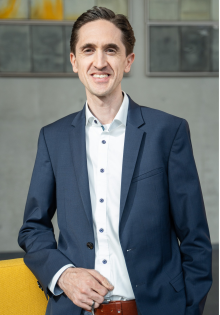Funded by the German Committee for Sustainability Research in Future Earth
An important prerequisite for the sustainable transformation of economies in international competition is professionals who have so-called "green skills". One example of these skills is the ability to plan and implement energy efficiency measures. This includes, for example, knowing how to insulate and design buildings in such a way that energy requirements are minimised or how to use renewable energy technologies effectively. In addition, especially in the public sector, there is also extensive knowledge of the various funding opportunities in order to be able to provide effective and targeted advice to applicants from industry and private households. A new group has been established at the Paderborn University's Paderborn Research Centre for Sustainable Economy (PARSEC), which is dedicated to developing these very skills among public sector actors. The German Committee for Sustainability Research in Future Earth (DKN), an independent scientific advisory body of the German Research Foundation (DFG), is sponsoring the institution of the new group.
With PARSEC, the Faculty of Business Administration and Economics at Paderborn University is strengthening its faculty-wide sustainability activities. It understands a sustainable economy as long-term orientated economic development with special consideration of social, environmental and cultural factors. The new group builds on this and has set itself the goal of gaining a comprehensive conceptual and empirically supported understanding of the relevance of green skills for the implementation of public funding programmes in the field of sustainable transformation. The researchers are focusing on employees in cities, municipalities and local authorities and in particular on funding programmes aimed at private households.
Prof Dr Martin Kesternich, Department of Economics at the Faculty of Business Administration and Economics, and Prof Dr Daniel Reimsbach, Department of Taxation, Accounting and Finance (TAF), also from the Faculty of Business Administration and Economics, are spokespersons for the newly established group. It brings together experts from various academic disciplines: environmental and behavioural economics, business administration - in particular reporting, corporate management, HR management and leadership - business informatics and business education, especially education for sustainable development. "Together with the other core professors at PARSEC, we are very pleased about the funding approval," says Kesternich and continues: "Embedded in an extended international group of scientific experts, PARSEC will initiate research relevant to economic policy within the group and establish new research collaborations." Reimsbach adds: "The group's team stands for integrative cooperation. We therefore aim to continuously involve young researchers in order to ensure the transfer of knowledge and expertise to the next generation of researchers." In this way, the group also aims to open up new fields and methods of research.



